Dir: Adam Rifkin. US. 2007. 102 mins.
Shot to give the impression its action was entirely captured by the surveillance cameras that are becoming ever present in modern life, Look is a cleverly made curio that's as entertainingly watchable as the soaps and tabloid TV shows it often resembles. Whether its gimmicky premise and multiple storylines add up to a significant comment on the right to privacy in a post-9/11 world is debatable. But with its clear marketing and publicity hook this low budget indie production could still get noticed, in cinemas and especially on video.
After winning prizes at a couple of smaller US festivals, the film gets a limited pre-Christmas opening through Liberated Artists, the new domestic distributor formed by producer Brad Wyman. It probably won't challenge end-of-year awards contenders for mainstream attention, but its viral marketing campaign could incite interest from younger audiences.
Though it doesn't yet have an international sales agent, Look might work for distributors in countries - such as the UK - where the spread of surveillance cameras has become an issue.
Written by director Adam Rifkin (The Dark Backward), the script sets up a handful of overlapping stories that unfold over a random week in a random US city. In one, a sultry teen (Spencer Redford) schemes to bed her happily married English teacher (Jamie McShane); in another, a department store manager (Hayes MacArthur) uses his warehouse for quickie sex with a succession of employees; at a local hotel, a married lawyer (Paul Schackman) meets his secret boyfriend; in a nearby mini-mart a clerk (Giuseppe Andrews) dreams of a musical career; and, winding through the other action, a sociopath (Rhys Coiro) and his accomplice go on a deadly crime spree.
To preserve the illusion that everything is being seen through the lens of a hidden (or un-noticed) camera, Rifkin apparently shot only in locations - including a department store fitting room, a shopping mall, a gas station, a school parking lot, an office and a police interrogation room -- where such cameras are or might be used. He recreates the look of surveillance footage by shooting from high angles with a minimum of camera movement. Special effects were used to add time codes and occasional visual blips.
The use of little known actors -- MacArthur, from The Break Up, and McShane, from 24, are the most familiar - also helps preserve the conceit. The performances are all solid.
Technically, it's certainly convincing, even if there are moments when the viewer's credibility gets strained. And Rifkin does a skillful job editing the footage together to tell the sometimes inter-linked stories.
Also impressive is the way the film encompasses a whole spectrum of genres and tones, recalling movies and TV shows ranging from Crash, to Clerks, to Cops, to Candid Camera, to Law and Order. Raunchy or un-PC comedy predominates, but there's also sex (plenty of straight, a suggestion of gay), violence and a few moments of chilling (and sex-related) drama. It's voyeuristic and occasionally exploitational, but usually in an entertaining way.
The tone gets darker as the narrative goes on, and the surveillance cameras eventually help some characters and damage others. Look seems to be raising the question of whether Big Brother surveillance is an invasion of privacy or a necessary evil, but it goes no further than that, and it stops a long way short of becoming an 'issue film.'
Production companies/backers
Meteor Films (US)
Captured Films (US)
US distribution
Liberated Artists
Producers
Brad Wyman
Barry Schuler
Executive producers
Donald Kushner
Richard Bishop
Screenplay
Adam Rifkin
Director of photography
Ron Forsythe
Editor
Martin Apelbaum
Music
BT
Visual effects supervisor
Scott Billups
Costume designer
Erica Fyhrie
Main cast
Hayes MacArthur
Giuseppe Andrews
Spencer Redford
Rhys Coiro
Heather Hogan
Jennifer Fontaine
Jamie McShane
Paul Schackman






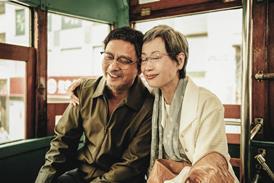
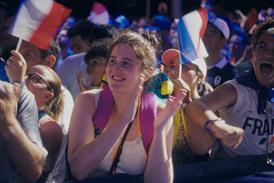




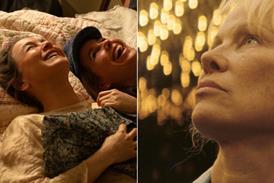
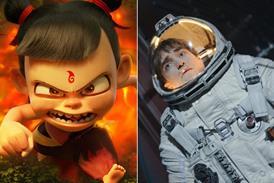
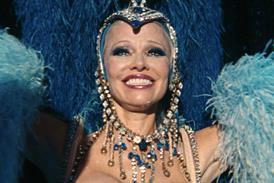







No comments yet